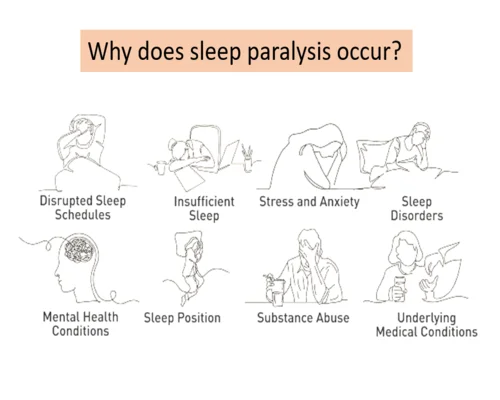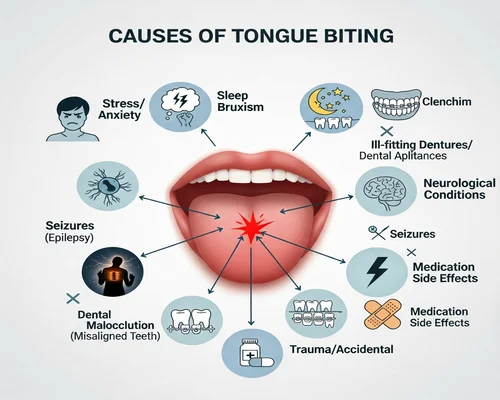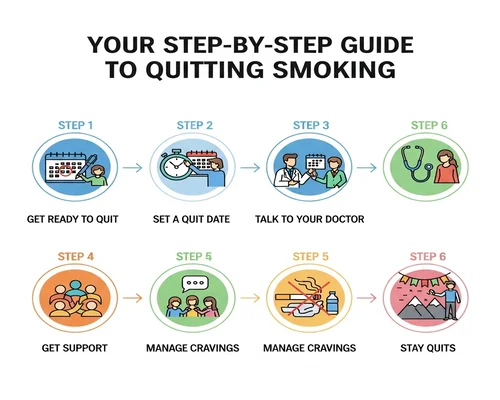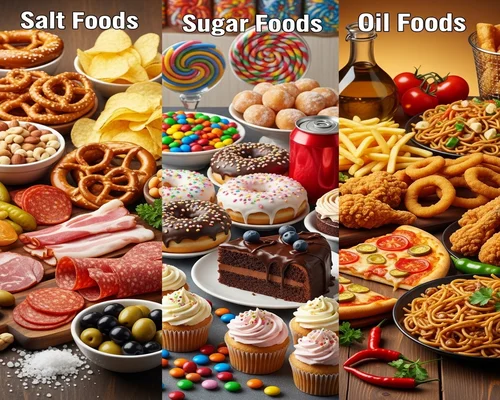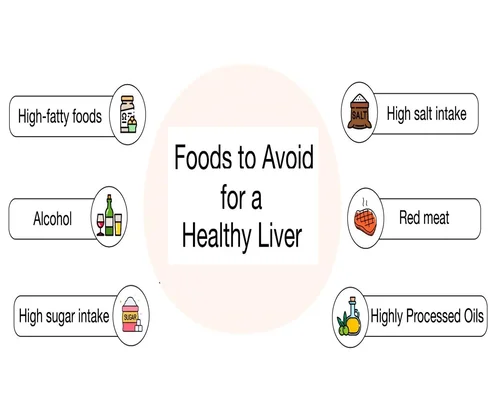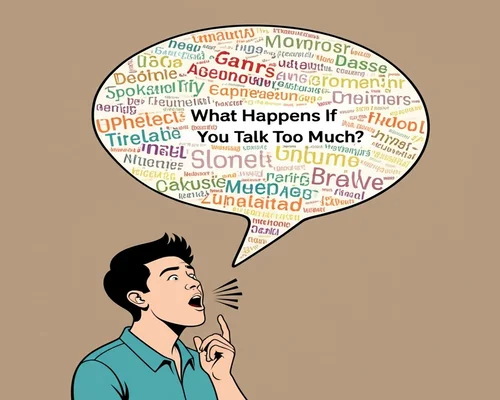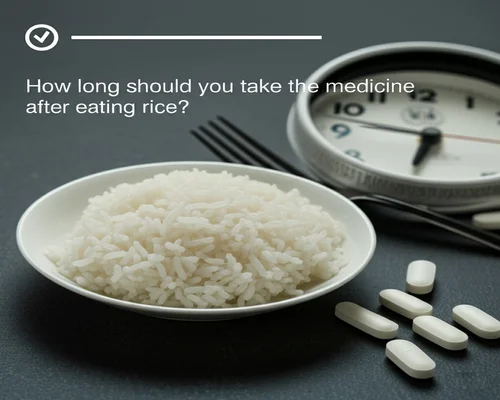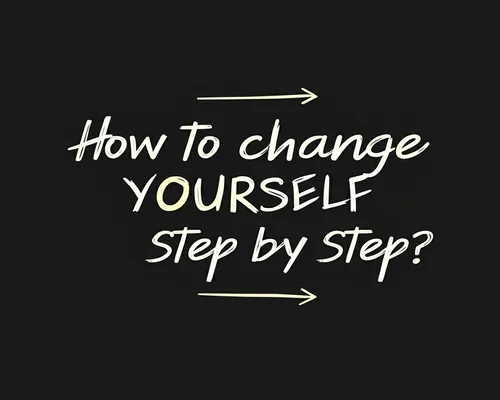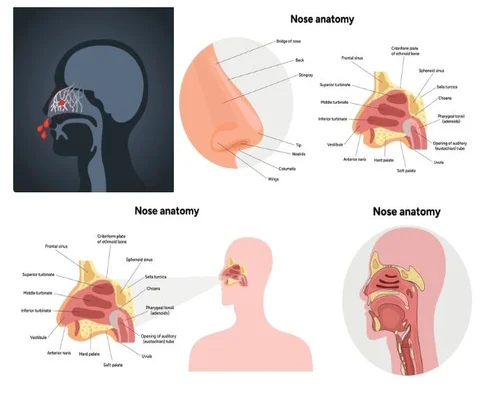
What happens if you do not eat sugar for 3 months?
What happens if you do not eat sugar for 3 months?
Health benefits of going without sugar for 3 months: What happens if you do not eat sugar for 3 months? You will be surprised to know the results...
Health benefits of going without sugar for 3 months: Amazing changes can happen to the body in just 3 months. Experts say that various health benefits can be obtained from weight loss to skin glow, improved digestion and mood control.
Eliminating sugar from your diet for three months can lead to several positive changes, including potential weight loss, improved energy levels, and reduced cravings for sugary foods. However, some individuals may experience early withdrawal symptoms such as headaches, fatigue, or mood swings.
Sugar is such an ultra-processed ingredient, which is also very harmful to health. Although it is a source of carbohydrates, it contains so many chemicals that it creates various problems in the body. So the question arises, what changes will happen to the body if someone completely stops eating sugar for 3 months i.e. 90 days?
Stay away from sugar, high-fructose corn syrup and even natural sweeteners like honey. You should also stay away from hidden sugar found in chocolate, candies, packet juices, biscuits, etc. Although carbohydrates are essential, excess sugar is harmful to the body.
Symptoms that may appear at the beginning
In the initial stages of sugar withdrawal, headaches, anger, fatigue and a strong attraction to sweets are seen. This happens because the brain develops a habit of energy. It usually takes 21 days for a new habit to form and 66 days for it to become permanent.
After 3 months of quitting sugar, various positive changes are seen in the body and mind. Weight loss, insulin sensitivity increases and blood sugar is controlled. The skin becomes clear, digestion improves and mood is stable. Dental health also improves. Cravings for sweets decrease.
Although there is fatigue and mood swings in the beginning, by the 2nd or 3rd week the body gets used to it and starts feeling better. Sleep improves, the mind remains calm and belly fat starts to decrease.
As the days go by, the body and tongue get used to less sweets. As a result, natural foods like fruits taste sweet. The risk of type 2 diabetes, heart disease and fatty liver is reduced. Brain concentration increases and mental peace comes.
Although the decision to give up sugar is difficult, in the long run it is very beneficial for the body and mind. So be health conscious from today and give up sugar and move towards a healthy lifestyle.
Potential Benefits:
- Weight Loss: Reducing or eliminating sugar, especially from processed foods and sugary drinks, can contribute to weight loss.
- Improved Energy Levels: Sugar intake can cause blood sugar fluctuations that can lead to energy crashes. Eliminating sugar can create more stable and consistent energy levels throughout the day.
- Reduced Appetite: As your body adjusts, you may experience reduced cravings for sweet foods.
- Improved Skin Health: Some people report clearer skin and reduced acne when cutting out sugar.
- Better Sleep: Sugar can interfere with sleep patterns. A sugar-free diet can improve the quality of sleep.
- Reduced Inflammation: Sugar contributes to inflammation in the body. Reducing or eliminating it can help reduce inflammation.
- Improved oral health: Sugar is a major cause of tooth decay. Reducing sugar intake can be beneficial for oral health.
- Improved mood: Some people report a more positive mood and decreased anxiety after cutting out sugar.
- Improved heart health: A low-sugar diet may reduce the risk of heart disease.
- Reduced diabetes risk: Reducing sugar intake can help control blood sugar levels and reduce the risk of type 2 diabetes.
Possible withdrawal symptoms:
- Headaches: Sugar withdrawal can cause headaches, especially in the early stages.
- Fatigue: Some people experience fatigue or low energy levels during withdrawal.
- Appetite: You may experience strong cravings for sugary foods.
- Mood swings: Withdrawal can cause irritability, anxiety, or even a depressed mood in some people.
- Difficulty concentrating: Some people find it difficult to pay attention or concentrate during sugar withdrawal.
Important Considerations:
Individual Experiences Vary:
The severity and duration of withdrawal symptoms can vary greatly from person to person.
Listen to Your Body:
Pay attention to how your body responds to changes and adjust your diet accordingly.
Consult a Healthcare Professional:
If you have any concerns or underlying health issues, it is always a good idea to consult a healthcare professional before making significant dietary changes.







